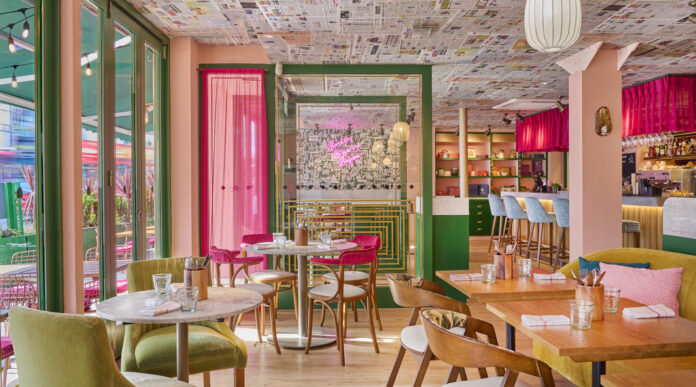Rather than spending your money on supplements or a magic elixir that promises to reduce tiredness and fatigue, why not start by looking at your diet instead?
Keeping your body supplied with proper nutrients, vitamins and minerals is perhaps the most surefire way to ensure you’re in great health and to prevent chronic fatigue (aside from regular, quality sleep, of course).
While we tend to both subconsciously and deliberately turn to food to refuel our tank and give us energy, some foods can actually make fatigue worse. If you’re struggling to know what foods to avoid, we’re here to help you beat fatigue. Here are some foods to cut down on if you have low energy levels.
White Bread
White bread is regular food for some and a pure, unadulterated addiction for others. Indeed, toasted white bread is one of the most common breakfast foods across the world, whether it’s anointed with butter, spread with Marmite, or blessed with marmalade. .
Regular white bread is made of refined flour, which contains sugar and is stripped of the majority of its fibre and other nutrients. Those refined grains can lead to a quick release of insulin that can, ultimately, leave you feeling drowsy.
What to do instead? One of the most simple adjustments you can make to your diet is to swap out refined grains for wholemeal and whole grains.
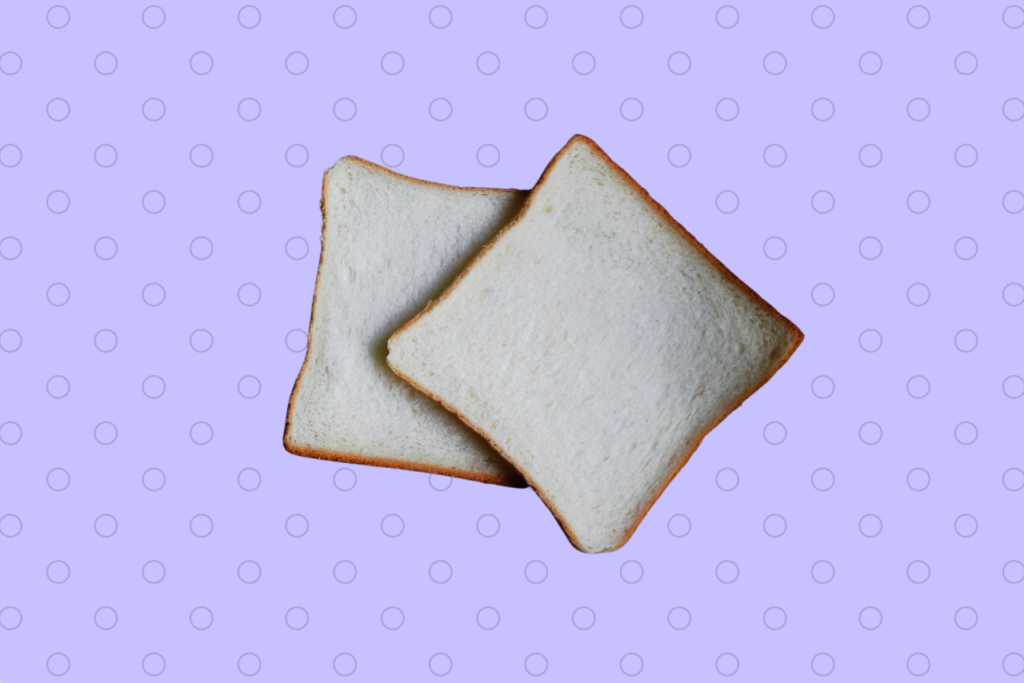
Fried Food
Fried chicken, chips, calamari, and chicharrón – it’s an undeniable truth that some foods just taste better fried – that’s not just our point of view, there’s actual science behind the chemistry of frying and why it makes fried food so difficult to resist.
But you’re paying a big price for that delicious Maillard reaction, and it’s not just the widening impact all that oil can have on your waistline; your energy levels can be detrimentally affected, too. This is because your digestive system has to work much harder to process and break down all those saturated and trans fats.
What’s more, fried foods tend to be low on energy-giving vitamins, minerals and other essential nutrients, as well as lacking the fibre we need to slow down the release of glucose in the bloodstream, regulating more sustained energy levels along the way.
As the guys at Energy for Life Fitness in Brighton point out rather sagely, if you are trying to manage your weight, that sustained energy will help you exercise with real vigour and determination, and prevent you from snacking on unhealthy, quick-fix bits, too. Result!
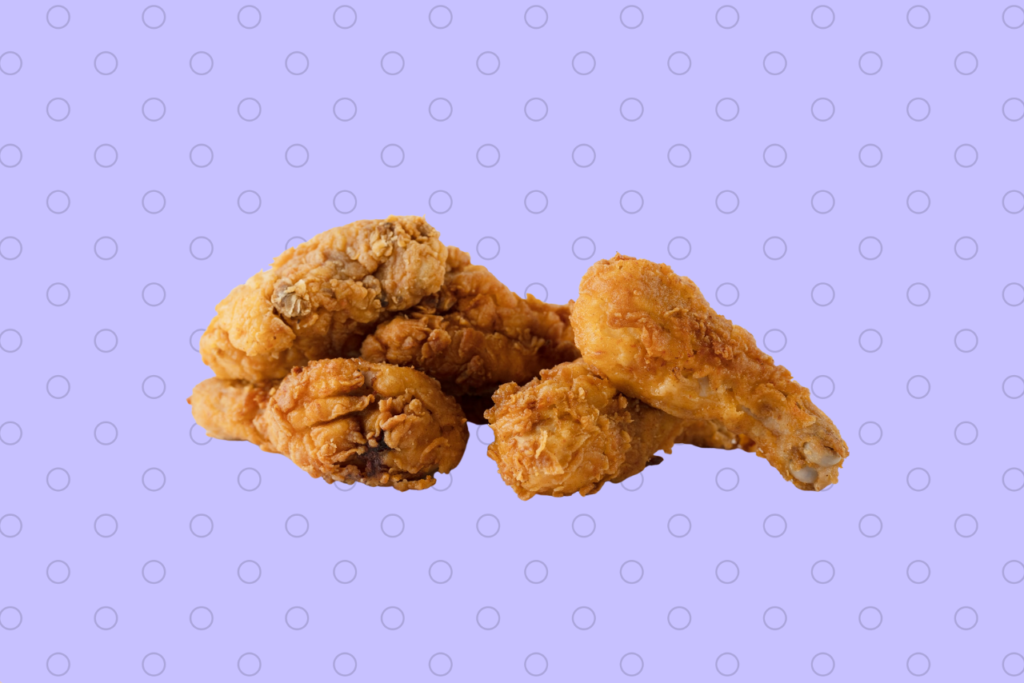
Sugary Snacks (And Other Junk Food)
Sugary snacks always seem like a good idea when you’re feeling fatigued. A corner of a chocolate Cadbury bar here or a delicious glazed doughnut there may give you a quick burst of energy, but after you indulge, your blood sugar levels will end up lower than before and your vitality will be well and truly sapped.
Yep, the whopping levels of refined sugars involved will bring about a spike in blood sugar levels and, therefore, energy levels. But as we all know, what goes up must come down, and in this case, the crash can be pretty severe.
Even eating junk food that contains no added sugar like crisps and chips may give you a sudden but ultimately futile burst of energy. We say futile as you’re likely to fall flat just hours later as it typically doesn’t contain enough protein and good carbohydrates to keep those energy levels sustained.
Swapping out the processed, sugary snacks for healthier alternatives is a really simple way that you can make a big difference to your diet. If you enjoy a sweet pick-me-up, then swap out the chocolate for some delicious slices of mango or chunks of pineapple.
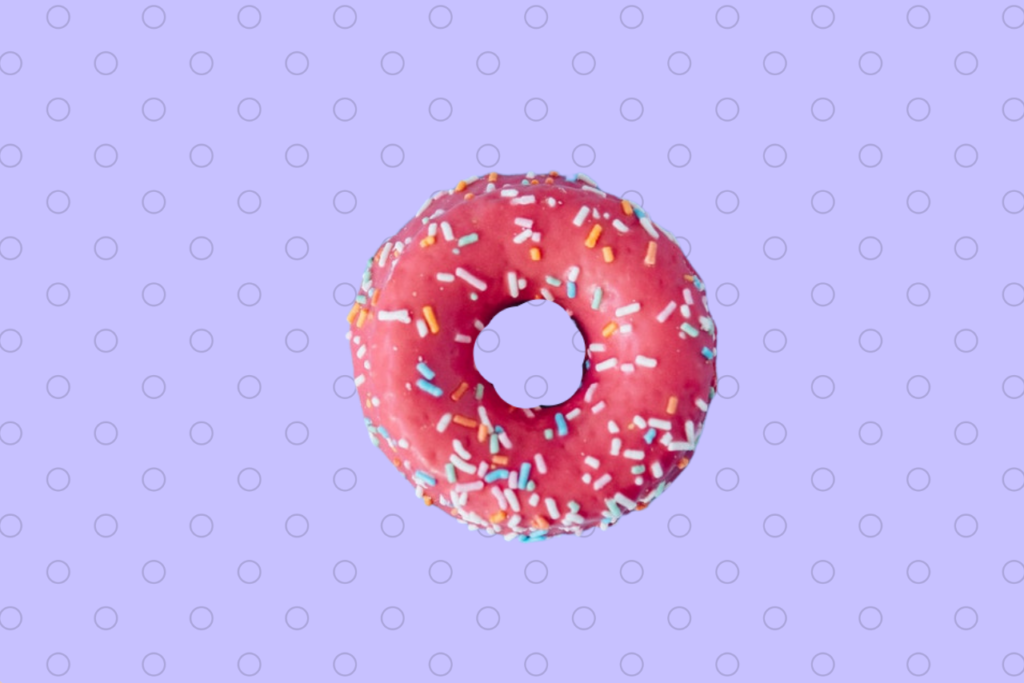
Breakfast Cereals
Breakfast; you’ve probably heard it’s the most important meal of the day, right? According to health and nutrition experts, there is actually some scientific basis to that claim. When done right, breakfast has the power to boost brain power and replenish your stores of energy, and generally inform healthier food choices throughout the day.
But that caveat ‘when done right’ is doing a lot of the legwork here, and you’ll only gain the maximum health benefits from your breakfast if you approach it properly. Unfortunately, most breakfast cereals are high in sugar and bad fats. Even the ones you think are healthy, like granola, for instance, are mostly just piles of sugar.
And don’t get us started on Coco Pops and Crunchy Nut Cornflakes, both of which are high in sugar and completely lacking in nutrients. In other words, you’ll start your day with a sugar spike and crash quickly, at a time when you’re most needing energy.
Instead, switch to healthier cereal options, such as whole grain bran, wholewheat cereal biscuits, porridge oats and those shredded whole grain pillows (you know the ones). And always read the back of the box and check for sugar levels, refined carbs, and artificial ingredients so you can make an informed choice.
While we’re on the subject of breakfast, foods like breakfast pastries, pancakes with maple syrup, white toasting bread and jam, and sadly, Britain’s beloved fry up, should be avoided as they can sap your energy levels, too.
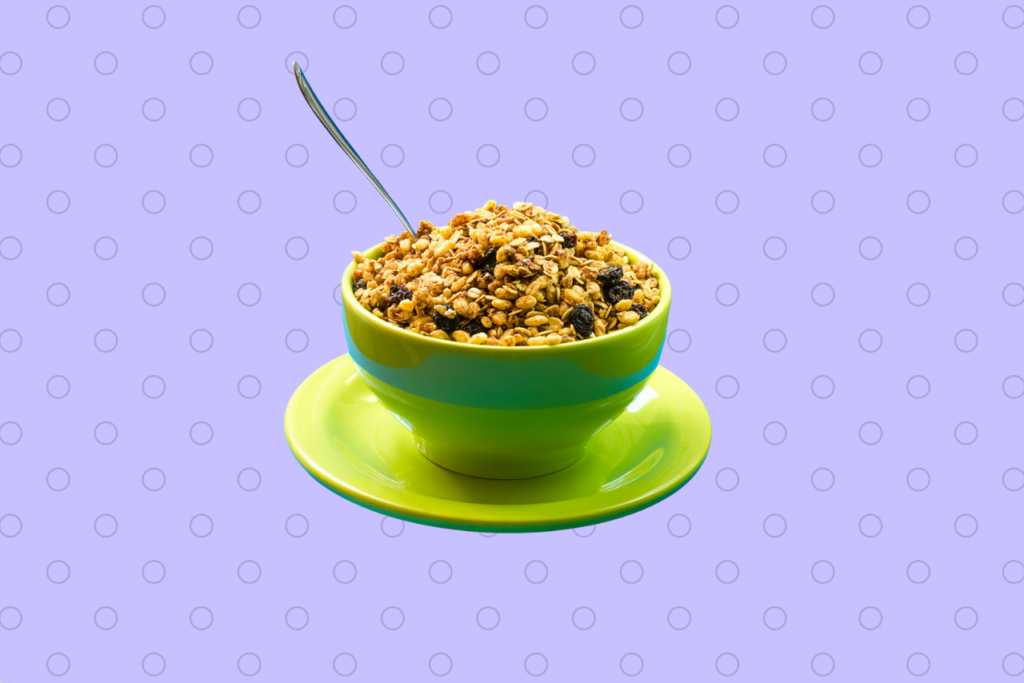
Shop Bought Fruit Smoothies
Many of us have come to rely on smoothies to reach our 5-a-day target, but here’s a stat to shock you; a whole host of shop-bought smoothies actually contain more sugar in them than a cola or fizzy drink.
Not all smoothies are made equal. As the BBC explains “Many shop-bought smoothies are made from cheaper, more processed ingredients such as fruit purées and juices. These purées concentrate sugars whilst removing many of the nutritional benefits of the whole fruit such as the fiber, phyto-nutrients, vitamins and minerals.’’
And as we mentioned earlier, an unhealthy dose of sugar can wreak havoc on your sustained energy levels. If you are going to have a smoothie, it’s worth making your own from fresh fruit and vegetables only.
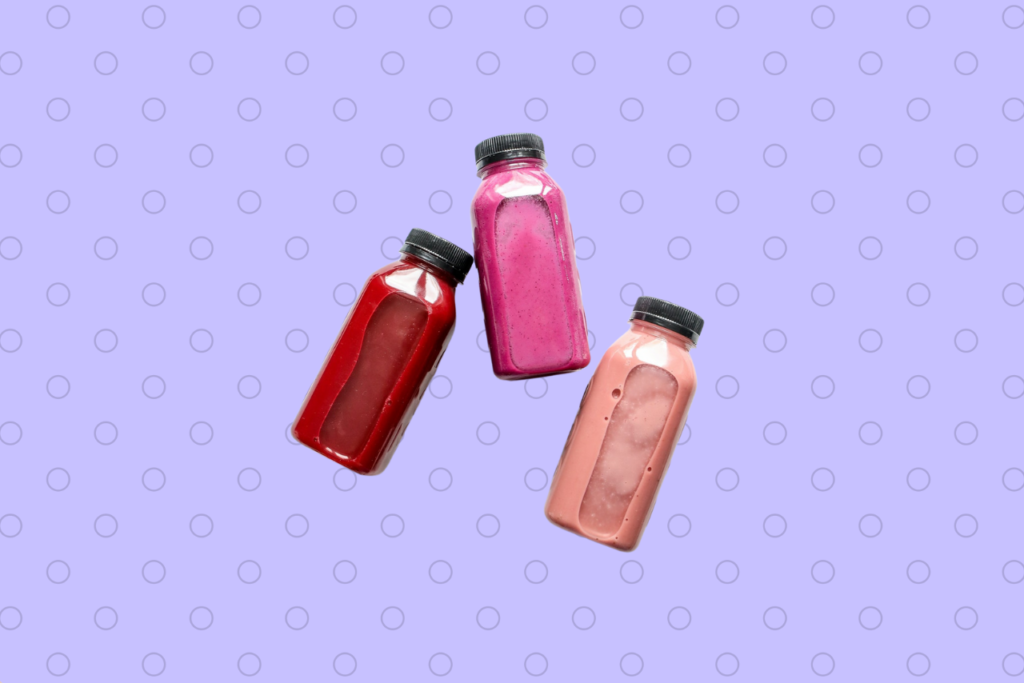
Coffee
Yes, we know; coffee is one of life’s greatest wonders. And we’re certainly not suggesting you completely eliminate caffeine from your diet – that would be a sacrifice too far for many, including us.
But we should explore just how coffee makes us feel. Because when we’re tired, we drink coffee; it’s become an almost automatic reaction to counter any sense of lagging listlessness. Here’s the thing; that reaction may actually be doing more harm than good.
Surprise, surprise; counterintuitively, this default response can have a hugely negative effect on your energy levels. As a stimulant, caffeine will temporarily boost those levels, but coffee’s relationship with fatigue is actually far more complex.
Caffeine blocks adenosine, which regulates our sleep cycle and messes with that all important circadian rhythm essential for quality sleep. Once the coffee wears off, a premature drowsiness is likely to set in. What’s more, it’s a diuretic, and dehydration leads to tiredness. Go figure.
So, whilst we’re not suggesting you cut out the coffee entirely (you’re only human), it might be wise to cut back, particularly post noon.
White Pasta
The NHS defines a healthy diet as one which includes at least five portions of fruit and vegetables a day, and meals based around fibre, starchy foods potatoes, bread, rice or pasta. Accordingly, it’s not a good idea to completely cut out a food group, particularly one that is such a wonderfully efficient carrier of vegetables and protein.
Pasta is a household staple for us Brits; it’s cheap, it’s filling, and it’s versatile. It’s comfort food at its very best. Unfortunately, it can drain you of energy in much the same way that white bread does, owing to the presence of refined flour.
If you simply can’t give up this delicious Italian mainstay, consider switching to whole grain pasta, which isn’t so highly processed, or, at the very least, make sure you weigh your pasta portions so as not to overdo it; between 80g and 100g is about right for one person’s dinner portion.
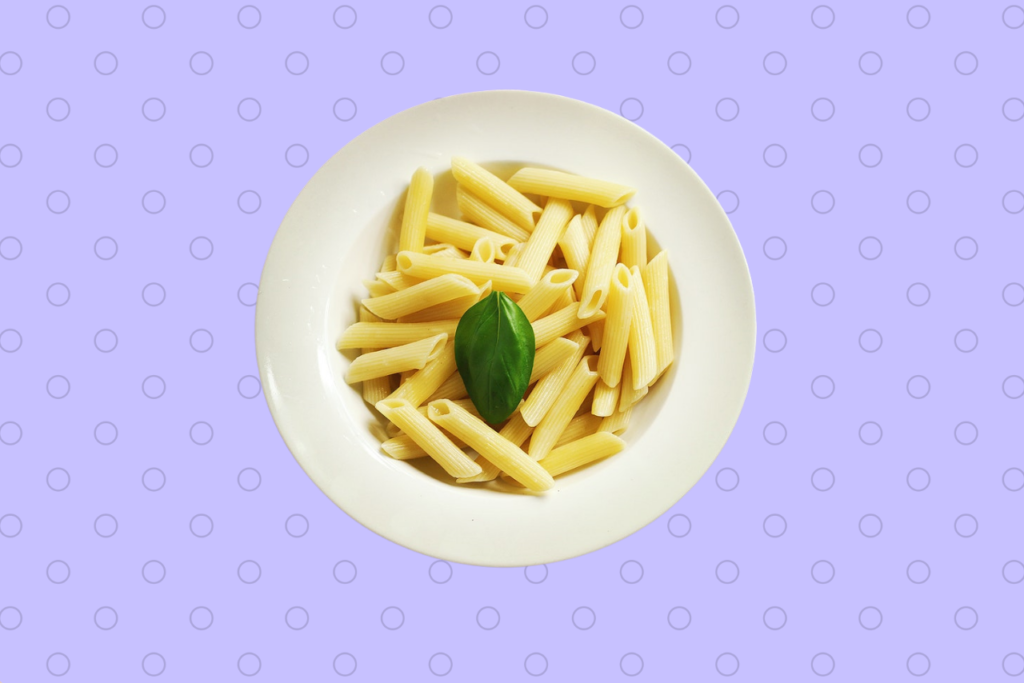
Alcohol
Drinking, particularly the excessive kind, can be disruptive to a good night’s sleep. While a cheeky pint is undeniably a tried-and-tested way to de-stress at the end of a long day, it’s also a tired-and-tested one, as alcohol can wreak havoc on the rapid eye movement (REM) stage of sleep, which happens to also be the most restorative stage.
If you still want to enjoy a nightcap in the evening on occasion, make sure you do so responsibly; ideally, only have one, and have it as early as possible (within reason, we don’t mean the morning here guys) to minimise the sleep-adverse effects.
If you’re going out with friends, try drinking a non-alcoholic drink, but make sure it’s not a super sugary one, as this will also keep you awake and jittery longer than desired.
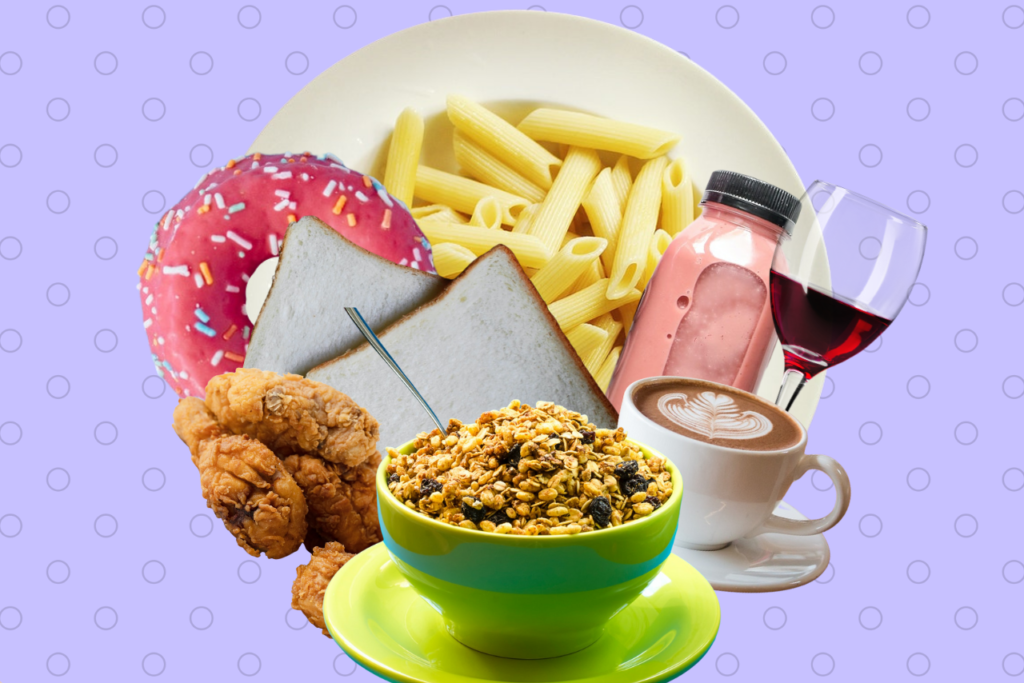
The Bottom Line
Your diet also has a huge impact on your energy levels. Try to make healthy food choices with foods that provide sustained energy, like those which are high in complex carbohydrates (brown rice, whole-wheat pasta, sweet potato, squash) and protein. Ensure you have a good breakfast every morning and eat little and often throughout the day to keep energy levels up and consistent. Iron rich foods, like spinach, liver, beans and nuts are also great for maintaining that vitality.
On the flipside, don’t rely on caffeine and sweets for a quick pick-me-up as the crash will simply be postponed rather than prevented. We hope you sleep better tonight safe in all this newfound knowledge, and you don’t feel so tired tomorrow!




